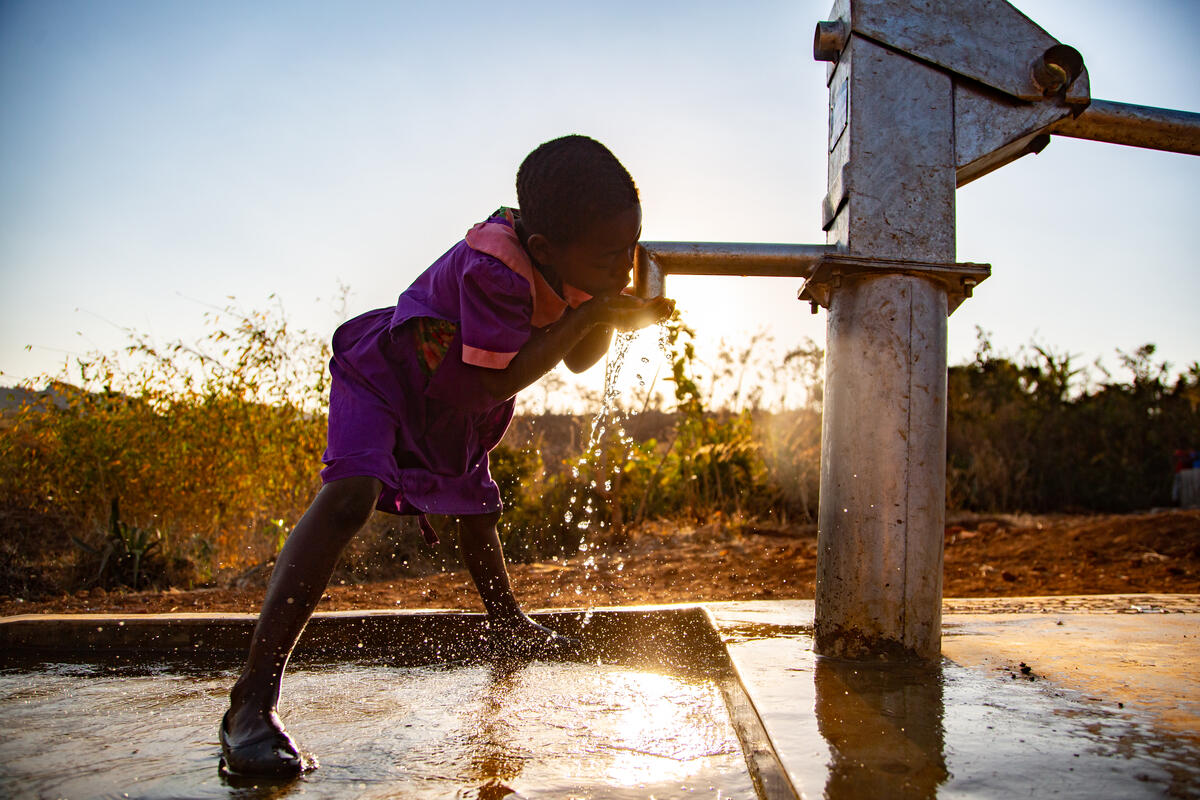The United States government has called on governments at all levels, businesses, civil society organizations, and the public to collectively combat hunger through proper awareness about the profound impact of responsible water management in agrifood systems.
The representative of the U.S. Consulate in Lagos, Brittany Orange, made this call during an event organized by the Hope for Life Initiative (HFLI) in Lagos as a follow-up program to mark World Food Day 2023, themed “Water is Life, Water is Food”.
World Food Day is an international day celebrated every year worldwide on October 16 to commemorate the date of the founding of the United Nations Food and Agriculture Organization in 1945 and to promote action for the future of food, people, and the planet.
FG Commences Revitalization of RBDA, Inaugurates Water Scheme
Orange disclosed that the U.S. Agency for International Development (USAID) is investing over $67 million to foster closer coordination with federal and state government agencies to improve access to safe water, sanitation, and hygiene (WASH) services.
“This includes a Memorandum of Understanding signed by USAID and the Lagos State Government, the first step towards enhancing urban water service delivery in Lagos State. Additionally, the Feed the Future Water for Agriculture activity, supported by USAID, has increased access to water for almost 55,000 farmers and herders in Adamawa, Borno, and Yobe States.”
Jigawa Introduces Drip Irrigation to Tackle Climate Change
The Founder and Executive Director of HFLI, Kendi Aig-Imoru, noted on her own that the program was borne out of the importance of water to food security, adding that the event underscored the plight of 2.4 billion people in water-stressed countries and 600 million reliant on aquatic food systems, who face pollution, ecosystem degradation, and climate change impacts.
“Food is everything to everyone. We plant, we grow, and we harvest. When we harvest, we eat, and of course, we earn money. At the Hope for Life Initiative, what we are doing is what I call a revolution, a food revolution, so let’s begin to recalibrate for sustainability and inclusion in the food revolution.



